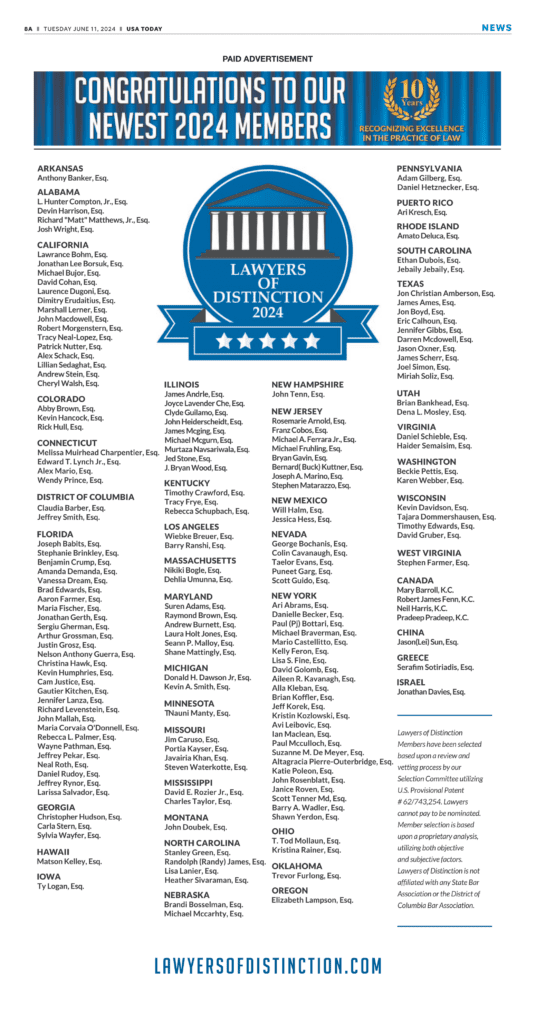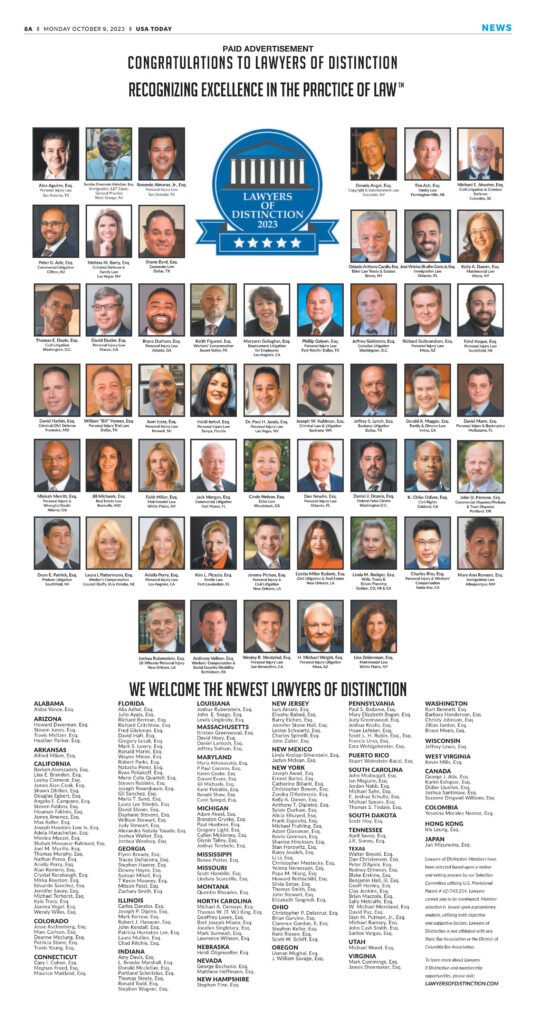DUI’s can frequently be a source of trial and tribulations for individuals who fall under the umbrella of Driving While Under the Influence. If arrested for a DUI the police will often ask you to perform a few field sobriety tasks, not tests. If you fail to properly perform these tasks or the officer has reason to suspect that you may be intoxicated, the officer will ask you to submit to a breath test. The test requires you to breathe into a machine that, in theory, measures the amount of alcohol in your bloodstream. If the reading is 0.08 or more, then you will be arrested for driving under the influence of alcohol.
If the DUI case goes to court, the state may introduce the results from the breath test as evidence. It may seem that the results of the test give enough clear evidence for a conviction. However, a skilled defense attorney can challenge the results based on the grounds of the stop or the administration of the test itself.
On November 3, 2019, the New York Times released a report which provides an additional defense for attorneys. The report revealed that many test results were based on faulty breathalyzer machines. The report examined court records and various documents used for breath machines. The report examined how the breathalyzers were often unreliable.
According to the investigation:
- Massachusetts and New Jersey have dismissed over 30,000 Breathalyzer results because the machines or the way the machines were used were scientifically unreliable.
- In some cases, the results were 40 times higher than they should have been, due to improper calibration.
- Many police departments lacked the expertise to use the machines.
- Sometimes the chemical solutions used to conduct the tests were stale or unreliable. One state even used results when the machines had rats inside the machines.
- Many machines had software bugs that made the results inaccurate.
The defects in the machine raise questions about:
- Whether active cases should be dismissed
- Whether anyone found guilty based on a defective machine can appeal
- Whether someone who refused to take the test and thus lost their license can appeal because the test they would have taken was inaccurate
Be sure to find a professional that is able to test and analyze breathalyzers. Due to the increase in faulty machines, examining the validity of the results could be the difference between a conviction and a dismissal.




